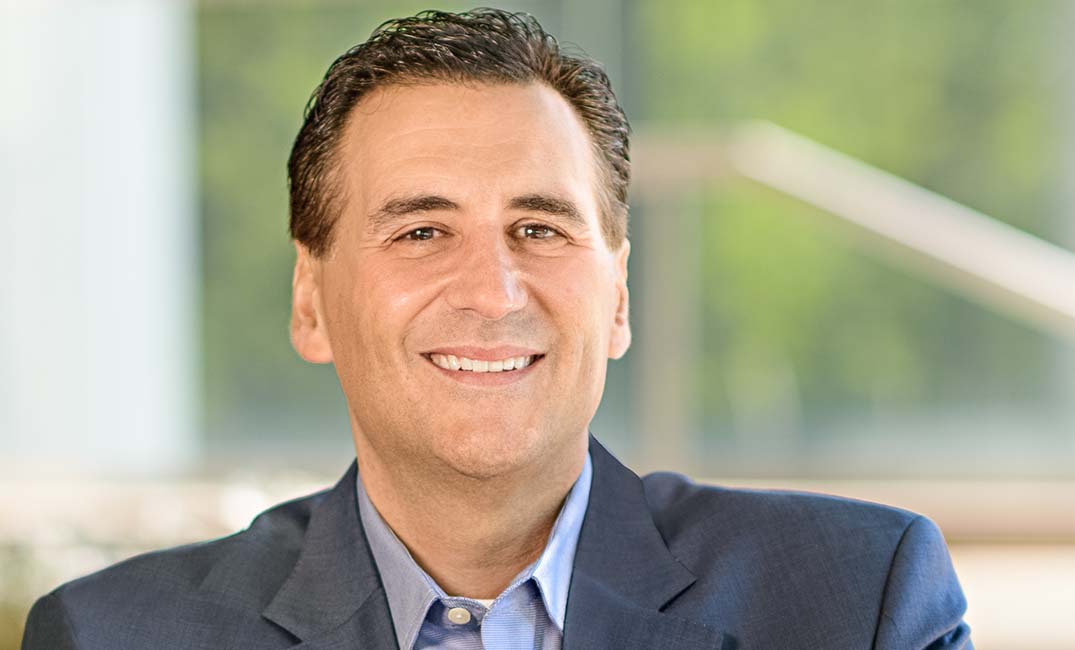While the property industry globally has traditionally been a laggard when it comes to the use of technology, focusing more attention on assets such as physical buildings rather than technology, this has rapidly changed.
A growing number of businesses are now introducing technology platforms and solutions to enhance the client-tenant experience and to ensure more informed investment and property management decisions are made.
This shift is shaped by technological advancements, changing tenant preferences and demands, and global market changes, as property managers aim to optimise efficiency, enhance tenant experiences, and drive sustainable growth.
Patrick Ghilani, CEO at MRI Software, explained at MRI’s inaugural South Africa Ascend conference which took place in July that, “Prior to the Covid-19 pandemic, most property technology (proptech) solutions were front-facing. The pandemic acted as a seismic shift to proptech, proving the need to be able to manage property businesses remotely.”
Accelerating the rise of proptech has been the rise of artificial intelligence, custom and adaptable software, and the ability to personalise solutions.
Ghilani reveals that proptech solutions, including cloud computing, artificial intelligence, data analytics and the Internet of Things (IoT) are providing more efficient solutions for property businesses including impacting the way properties are managed, rented, sold, and purchased, streamlining property business operations, increasing energy efficiency in buildings, and more effectively addressing the needs of occupants.
Smart buildings are using advanced technologies to monitor, control, and optimise systems, including using sensors, automated systems and IoT devices to collect and analyse data to better understand industry trends and help property owners and managers make more informed decisions, become more sustainable, reduce operating costs, and generate more revenue. Proptech is also being used to automate and streamline repetitive routine tasks such as rent payments, deposits, maintenance requests, vendor management and resident communications.
“There is no question that proptech enables property managers to be more efficient and productive, particularly in terms of how buildings are being utilised, energy efficiency and the cost of occupancy, amongst others,” says Ghilani.
JLL’s 2023 Global Real Estate Technology Survey found that over 80% of real estate occupiers, investors and developers globally plan to increase their investment in proptech in the next three years. This maturing proptech ecosystem has laid a solid foundation for the integration of AI into real estate applications.
“AI is one of the first proptech disruptors in years that is not just smoke and mirrors,” says Ghilani. “Early adopters of AI-enabled solutions are already seeing positive returns in both operations and energy efficiency. However, to realise the full benefit of AI, property businesses need to understand how artificial intelligence will impact their business and what existing or future AI applications they need to prepare for as well as addressing privacy and data security concerns.”
A report published by the South African Property Owners Association (SAPOA) on how proptech is shaping the future of the local property market found that although South Africa has lagged behind global developed markets both in terms of adoption and investment, there are encouraging signs that this is changing.
More than 86% of respondents in a SAPOA survey said traditional real estate organisations should engage with proptech companies in order to adapt to a changing global environment.
The SAPOA report found that the impacts of greater proptech adoption range from making assets more productive, sustainable, efficient, convenient, accessible, affordable and secure.
The property industry has traditionally generated vast quantities of data. While it is now implementing more technology systems than ever before, it is struggling to improve visibility across different applications. The challenge, says Ghilani, is that although multiple systems can differentiate a property business when they operate in a silo, they add to the amount of manual labour required.
MRI Software is addressing this challenge with an open, hyper-connected technology platform which is built on a foundation of accessible and shareable technology, integrating data from multiple sources for a unified view.

